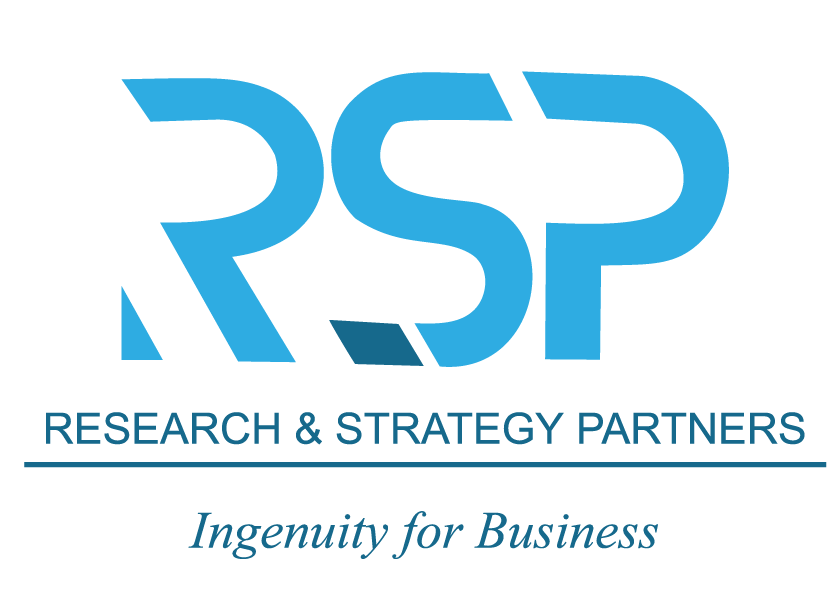The blue economy represents a transformative approach to economic development by leveraging ocean resources sustainably. Covering a wide range of industries, from fisheries and aquaculture to renewable energy and marine tourism, the blue economy aims to balance economic growth with the preservation of marine ecosystems. As the world grapples with climate change and environmental degradation, the blue economy offers a promising path to global sustainability.
What is the Blue Economy?
The term “blue economy” encompasses all economic activities related to oceans, seas, and coasts. It recognizes the vast potential of marine resources to drive economic development while emphasizing the importance of maintaining ecological balance. At its core, the blue economy seeks to:
- Promote Sustainable Use of Ocean Resources: Encourage practices that minimize environmental impact and preserve biodiversity.
- Generate Economic Opportunities: Create jobs, boost income, and support livelihoods in coastal communities.
- Address Climate Change: Reduce carbon footprints through renewable energy and innovative solutions.
Key Sectors of the Blue Economy
The blue economy spans diverse industries, each contributing to economic growth and environmental stewardship. Key sectors include:
- Fisheries and Aquaculture: Sustainable fishing practices and aquaculture development ensure food security and support livelihoods while conserving marine life.
- Renewable Energy: Offshore wind, tidal, and wave energy harness the ocean’s potential to produce clean energy, reducing reliance on fossil fuels.
- Marine Tourism: Eco-friendly tourism initiatives promote cultural and natural heritage while generating income for local communities.
- Marine Biotechnology: Innovations in biotechnology use marine organisms to develop pharmaceuticals, cosmetics, and other products.
- Shipping and Ports: Advancing green shipping practices reduces emissions and minimizes the environmental impact of maritime transport.
The Importance of the Blue Economy
The blue economy is vital for global prosperity and environmental health. Oceans cover more than 70% of the Earth’s surface and play a crucial role in regulating the planet’s climate, supporting biodiversity, and providing food and livelihoods for billions of people. Key benefits of the blue economy include:
- Economic Growth: Sustainable use of ocean resources can significantly boost GDP in coastal nations and create millions of jobs.
- Environmental Protection: By prioritizing sustainability, the blue economy ensures the long-term health of marine ecosystems.
- Social Equity: Empowering coastal communities with economic opportunities reduces poverty and promotes social inclusion.
- Climate Resilience: Renewable energy projects and carbon sequestration efforts contribute to mitigating climate change.
Challenges in Implementing the Blue Economy
Despite its promise, the blue economy faces several challenges:
- Overfishing and Pollution: Unsustainable practices threaten marine ecosystems and biodiversity.
- Climate Change: Rising sea levels and ocean acidification disrupt industries and ecosystems.
- Lack of Investment: Developing sustainable projects often requires substantial funding and technical expertise.
- Policy and Governance: Ensuring equitable access and sustainable practices requires robust regulatory frameworks.
Building a Sustainable Future
Governments, businesses, and communities must collaborate to unlock the full potential of the blue economy. Key actions include:
- Investing in Research and Innovation: Developing new technologies to optimize resource use and reduce environmental impacts.
- Strengthening Policies: Establishing frameworks that promote sustainability and equitable resource distribution.
- Enhancing Education and Awareness: Informing stakeholders about the importance of preserving marine ecosystems.
- Public-Private Partnerships: Leveraging resources and expertise to drive large-scale projects.
Conclusion
The blue economy offers a unique opportunity to harmonize economic development with environmental sustainability. By prioritizing responsible practices and fostering innovation, we can ensure that ocean resources continue to support livelihoods, biodiversity, and climate resilience for generations to come. The journey toward a sustainable blue economy is not just an economic imperative but a moral one, critical for the well-being of our planet and its people.


Leave a Reply